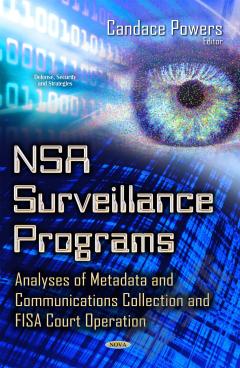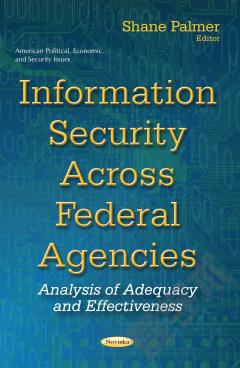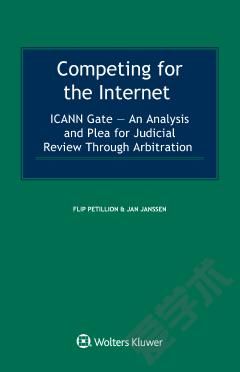NSA Surveillance Programs: Analyses of Metadata and Communications Collection and FISA Court Operation
In June 2013, two classified National Security Agency (NSA) collection programs received increased media attention based on unauthorized disclosures of classified documents by a contractor working for the NSA. Under one program, the NSA collects domestic telephone metadata (i.e., call records) in bulk. Under the other program, implemented under the Foreign Intelligence Surveillance Act (FISA), the government collects the contents of electronic communications, including telephone calls and emails, where the target is reasonably believed to be a non-U.S. person located outside the United States. This book contains the results of an in-depth analysis of electronic communications collection under the program. It examines the program's development and operation, statutory basis, constitutional implications, and whether it strikes the right balance between national security and privacy and civil liberties. Recommendations for policy reforms are provided as well.
{{comment.content}}








 京公网安备 11010802027623号
京公网安备 11010802027623号